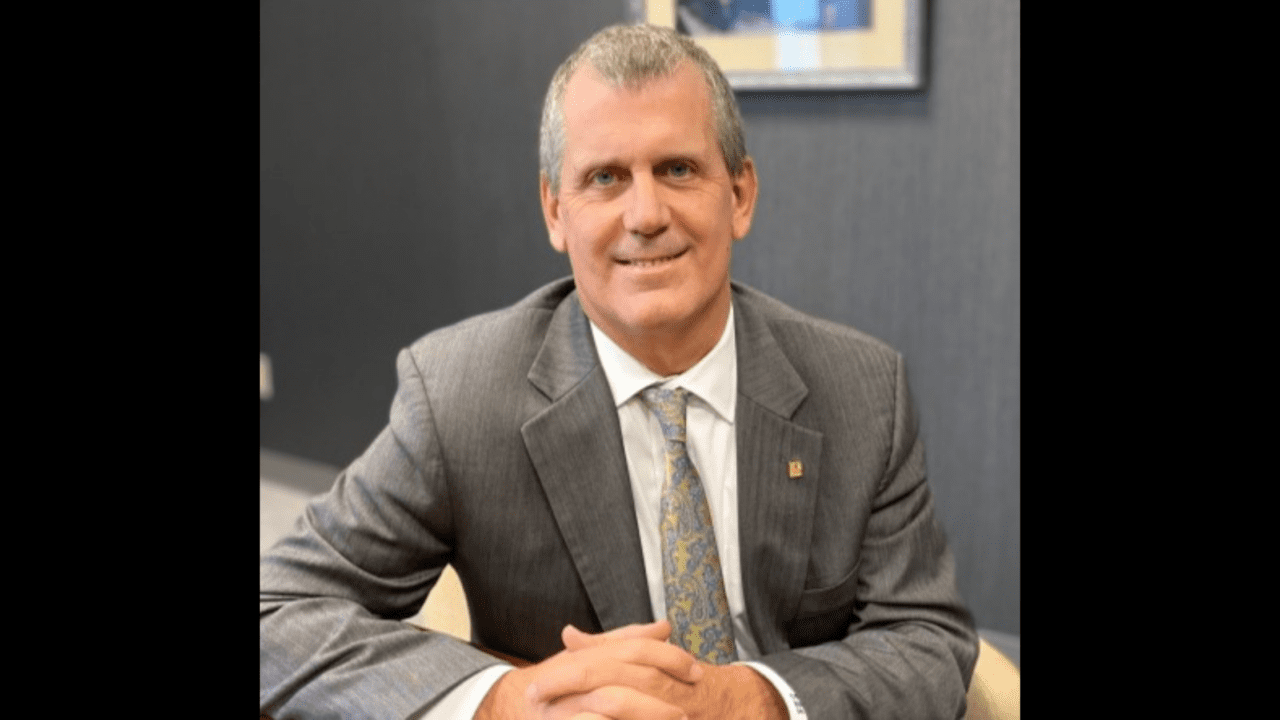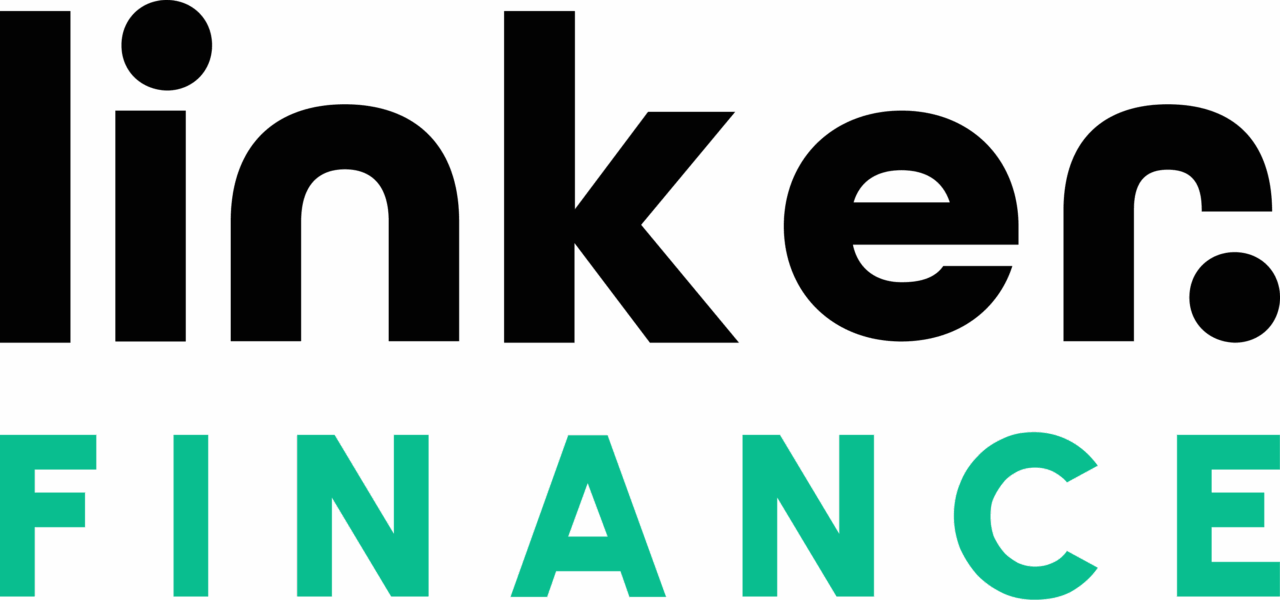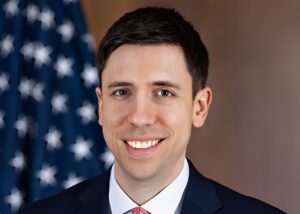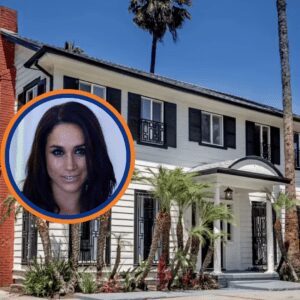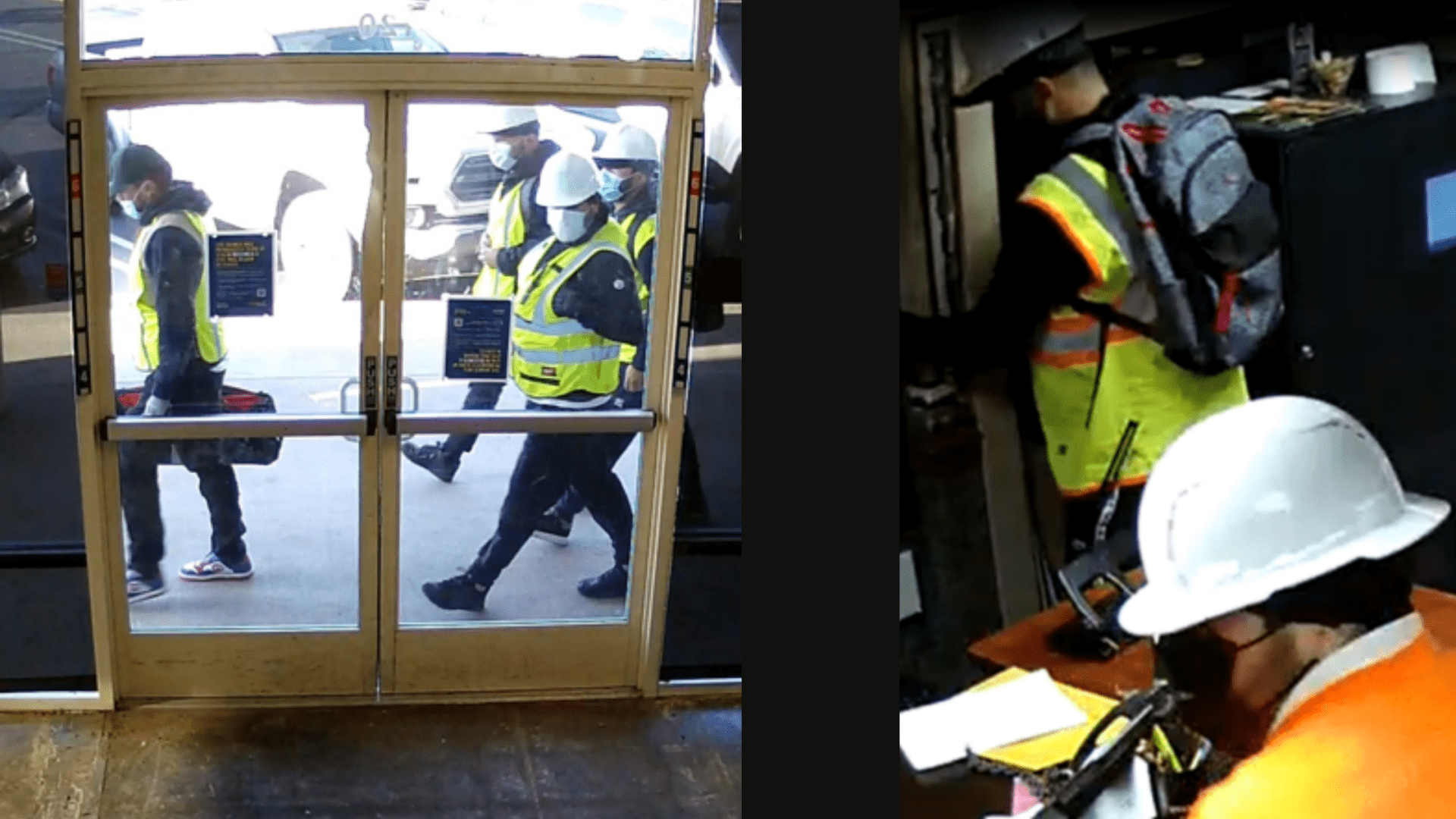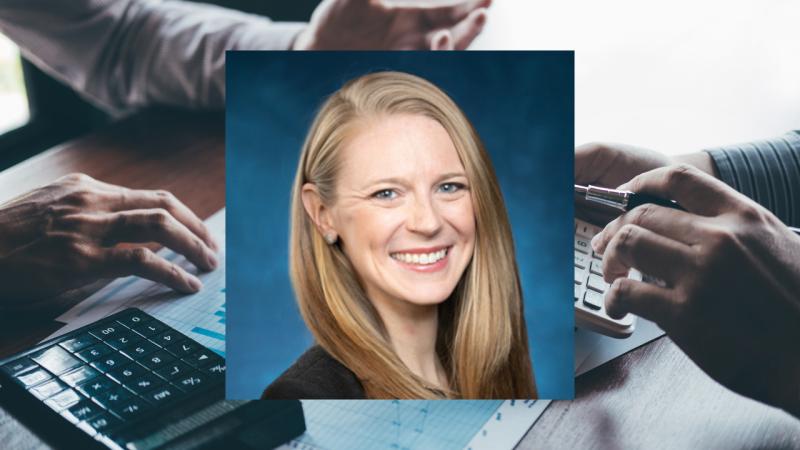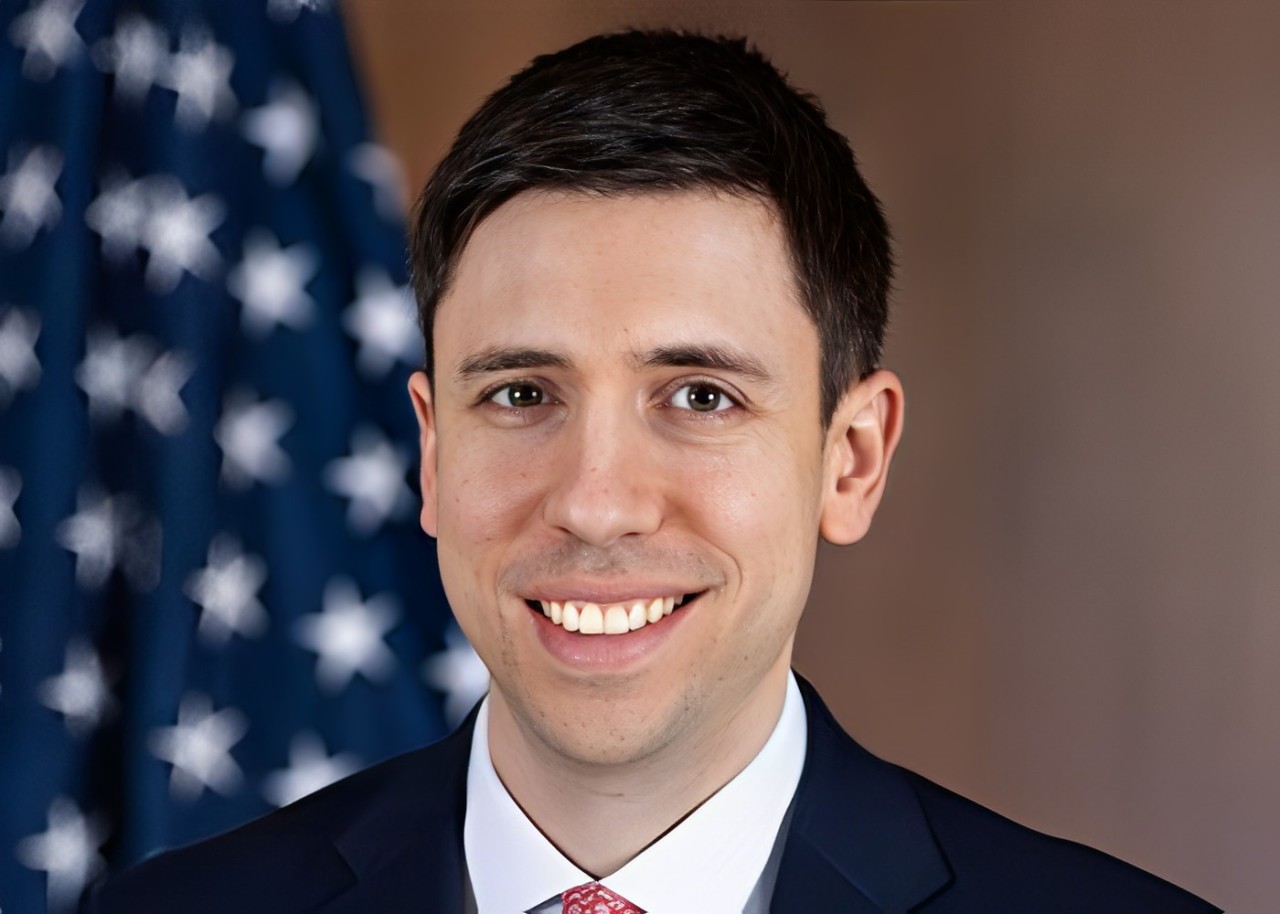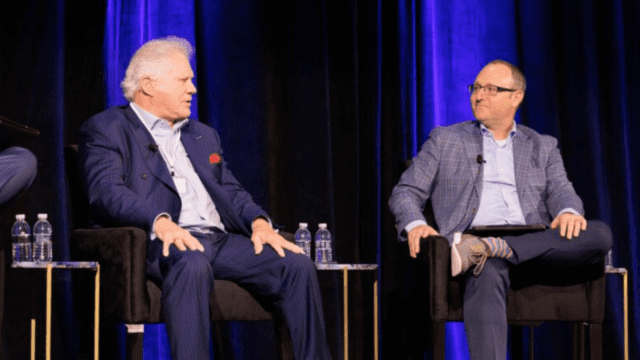Lars Eller, President and CEO of F&M Bank, leads a $3.3 billion community bank today, but his ascendency to the top was in no way linear. Instead, it was a series of linkages that may have appeared random but had the overall effect of shaping his character and testing his grit.
Learning Resilience at a Young Age
Born in Montreal to German immigrant parents, Eller (not to be confused with hockey’s Lars Eller, center for the Washington Capitals) learned quickly about hard work and the power of connection, lessons he continues to draw from as he leads F&M Bank.
Overcoming Childhood Challenges
Eller’s upbringing was marked by his parents’ early break-up, a social dynamic generally uncommon in the 1960s. Their divorce, among its many downsides for Eller, had some upsides: It provided him with a sense of resilience, formed by witnessing first-hand how his mom and dad navigated the challenges of co-parenting.
“My brother and I were the only kids we knew with divorced parents,” he recalls. “But we also got two Christmases every year, which was pretty great.”
“My dad worked six days a week, and after the divorce, my mom worked long hours to make ends meet. She was out of the house from 7 a.m. until 7 p.m.,” he reflects. “Sometimes she would come home and have to step over our hockey equipment left outside in the minus 20-degree Canadian winters, just to get in the house. But she always made sure we had dinner and that we were at hockey practice on time. When you see that level of commitment, it stays with you.”
Finding His Path
Eller’s first day at high school was memorable, but probably not for the reason shared by most students. His parents, unfamiliar with classroom social norms for teenagers, prepped him as best they knew how.
“God love my parents,” he begins. “They did their best. My dad dropped out of school really early, so he never had any meaningful experience with what life was like as a young student in a new school. So, [He] got me a briefcase for my first day of high school. And my mom packed me a thermos of tea and sent me off.
“I had no idea where to go or what to do, and I missed the bus. So, my mom drove me in. Imagine this: I am the new kid, scrawny, with big thick glasses, and I walked into class late. And then, I find out that my thermos had opened up. And now there was tea leaking from the briefcase. Let’s just say it was an ‘interesting’ start.”
Learning to Fight Back
Not surprisingly, Eller’s debut in front of his school peers opened him up to bullying. He recalls whispered jokes that followed him through the hallways. His lunch money was swiped. He was shoved in lines by upperclassmen eager to find out if he’d fight back.
Eller did defend himself. Repeatedly. But he was smaller than most of his adversaries and didn’t win many of these battles. In fact, in retrospect, he admits, “I probably lost most of them. But every time I stood up, I lost a little less. And eventually, they learned I wasn’t an easy target and left me alone.”
Building Character and Leadership Skills
Sports were a crucial part of Eller’s development, providing a sense of discipline and teamwork.
“My dad was a semi-professional soccer player, so I grew up kicking a ball,” he says. “I started playing soccer and hockey at a young age, and sports taught me about commitment, teamwork, and leadership.
“Trying out for and making these teams was a big deal for me. I now was part of something. I had people on my side—as long as I continued to earn their respect by being someone they could count on too.”
Playing on teams and competing in school sports helped Eller build confidence and form connections, experiences that would later shape his career and approach to managing others.
On the academic front, Eller’s strong math skills stood out. “I had a great math teacher in 11th grade who made linear algebra click,” he recalls. “He taught me that if you break things down to the basics, you can take that skill anywhere.
“I find that I now have an ability to better understand the human dynamics of meetings, what is happening internally and externally, and I think it’s a skill that I started to build back then.”
Early Career: Building a Strong Foundation
He took several summer jobs, including one at McDonald’s and a role in the service industry that proved especially formative.
“I worked at a waterbed place, doing deliveries and set-ups,” he states. “I got paid by commission for installing these waterbeds. So, I developed a way to put up a water bed—with water in it—in 35 minutes. And I could do 10–12 of these in a day, driving quickly around to put these up.
“It was a really cool job for me. And I earned a free waterbed out of it.”
Higher Education: The Groundwork for Success
Eller’s academic path led him to Concordia for a finance degree, followed by an MBA at McGill. Both are high-profile universities in Montreal, Quebec.
“In college, I was lucky,” Eller says. “The banks came to campus to recruit, and I ended up with a few offers.
“Getting into a bank’s management training program right out of school was a game-changer. It was where I learned the basics of banking, credit, and how financial systems work.”
Building Trust as a Young Leader
Of the opportunities on his plate, Eller opted for Toronto-Dominion (TD) Bank, where he spent his first decade in banking learning the ropes. He quickly became the youngest branch manager in Quebec.
“Walking into that branch as a young manager, everyone was skeptical—rightfully so. I was young and inexperienced,” he says.
But Eller’s focus on empathy, team building, and support helped him gain trust quickly.
One Friday evening, the head teller—an employee with over 35 years at the bank—struggled to find a balancing error in her books.
“She was upset,” he explains. “I think she had a settling streak going or something. And, among other pressures to get this right, she didn’t want to break her run.
“At the end of the day, everyone was rushing to try to get home, and she had her teller tape pulled out and probably 200 transactions worth of tickets spread out all over her station, onto her stool. And she was starting piles on the floor. Every time someone walked past in a hurry to leave, the airflow would blow a few papers here and there.”
Remembering that outcast feeling from his school days, Eller shifted into hockey-captain mode, championing a teammate in a pinch. So he took off his jacket and got down on his hands and knees, right next to her on the floor.
“We sorted through all her paperwork together. It took hours, but we found the error.”
That night, Eller didn’t just find a discrepancy; he earned the respect of a key colleague.
“That moment solidified in my mind that leadership is about showing up for people,” he states. “You can’t earn trust from a distance. That experience has been a cornerstone in my approach to management.”
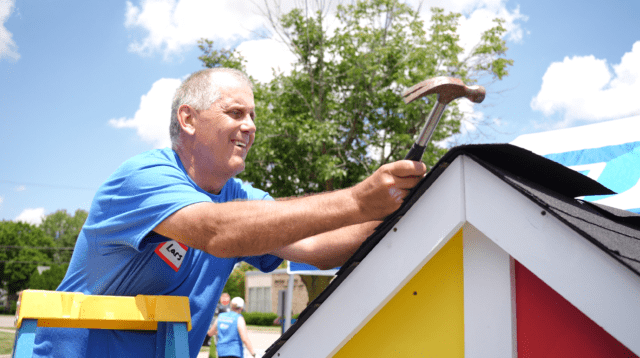
From Canada to the US: Relocating for Career Advancement
Eller sees his willingness to pull up stakes and dive into new opportunities as a clear career advantage.
Not that it was easy.
He had been at TD for a decade when an advancement door opened. The question was: Could he walk through it, given what else was going on at the time?
“I had recently gotten married,” Eller remembers. “And soon after, we had a six-month-old son.” Fortunately, however, the family had the benefit of a nearby support system, provided by the proximity of Eller’s parents and friends.
He also saw that the U.S. banking industry’s breadth was broader than Canada’s. There were additional advancement opportunities within reach by making the move. Plus, he had a specific offer: National City Bank in Dayton, Ohio, was interested in him as its city head (the market’s President).
“I just kind of stuck my neck out and said, ‘Hey, I’m willing to move,’” Eller says. ‘I want to take this on.’ Nobody wanted the job, for some reason, but I saw an opportunity there.
“Within two years, we were a top-performing city among all the cities that the bank had. It was a good move for me,” Eller observes.
“I realized that I have an aptitude for getting people to rally behind a single objective and a single initiative. It really helped. It galvanized people. And it made a difference. I learned a lot.”
Despite its upsides, however, this move represented a significant change for Eller and his young family.
After leaving the familiarity and connectedness of Quebec for the uncertainty of the U.S., Eller and his wife embarked on a second pregnancy. The result was delightful but unexpected: twins.
“It’s craziness,” he recalls. “All the stresses you could possibly think of.”
Mentorship and Professional Development
After his time at National City, a professional connection of Eller’s whispered his name in the ear of some executives at Royal Bank America in suburban Philadelphia.
He was hired for the open role of Chief Retail Banking Officer by the bank president, Kevin Tylus.
Eller’s working relationship with Tylus provided professional benefits both inside and out of the bank. In evidencing the latter, Eller points to a number of career insights he gained from Tylus while on the golf course.
“Kevin showed me that it’s possible to learn a lot about another person while sharing time on the links,” Eller states. “You can figure out if they lie about their handicap. And if they do, you can infer certain things about ego and a desire to impress. You can observe whether they’re humble. Or overly humble in a kiss-ass kind of way. You can see if they’re above a little cheating. Or not.
“Those discussions yielded some of the best pieces of professional advice I’ve ever gotten.”
The Royal Bank role required Eller to adapt to a very different professional environment.
“The people in Ohio are some of the friendliest people on the planet. And the people in Philly, well, aren’t.”
“Plus, the bank was under a cease-and-desist order from the government when I joined. So that didn’t help much either. Basically, it meant if we didn’t turn the bank around, they’d shut us down. We worked intensely, to straighten things out.”
As was his habit, Eller rolled his sleeves and got busy: “We made changes, listened to the regulators and the board, recruited some incredible talent, and we managed to right the ship.”
The experience positioned him as a man willing to continue to deepen his value, even with a load of talent at his disposal.
Eller’s education at the elbow of Tylus stays with him, even these many years later.
“I learned a lot from Kevin about how to read a room and understand a board. Things like: A board should never be surprised in a meeting. If you can figure out who the influential people are—no matter the group—and get them on your side before the meeting, you have a much greater chance of success in presenting a new idea.
That whole [Royal Bank] experience taught me resilience and showed me that there’s always a way forward if you’re willing to commit.”
Eventually, Royal Bank America was sold to Bryn Mawr Trust, which, in turn, would be acquired by WSFS.
Eller would consult until a new opportunity presented itself: President and CEO, F&M Bank, Archbold, Ohio. It was a career hop he was eager to make, enabling him to return to the Buckeye State.
Water in the Bucket
Since joining F&M, Eller has emphasized a work culture grounded in loyalty, trust and mutual respect, which he describes as the “water in the bucket” philosophy.
“You build up goodwill by consistently doing your best, being reliable, and treating people well. When you mess up, that reserve of trust—the “water,” symbolically—is there to draw on,” he says. “It’s simple but effective, and it’s helped us foster a strong sense of unity here.”
Under his leadership, F&M Bank has grown significantly, expanding to 37 branches across Ohio, Indiana, and Michigan.
Despite its growth, the bank maintains a focus on rural communities. “We’re big on agriculture, and it’s not just lip service,” Eller explains. “Many of our ag lenders are farmers themselves, so they understand the unique challenges farmers face. It builds a level of trust that only comes from truly knowing your clients’ world.”
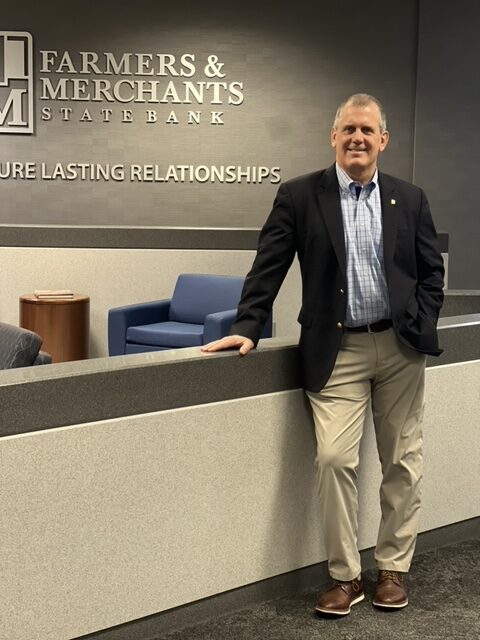
Leveraging Language Skills for Business
Another unique strength Eller brings to his role is his fluency in German. At F&M, which serves a diverse client base across the Midwest, Eller’s language skills opened doors.
“We have a large Amish community in Indiana, and some of the elders speak Swiss German,” he explains. “When we acquired a local bank there, I met with the bishops and greeted them in German. They were silent at first—then suddenly excited.
“It’s something they remember me for, and it built an immediate connection.”
Staying Grounded: Humor, Humility, and Even Hunger
Eller’s down-to-earth style is apparent even in the little moments.
“Not long ago, I had a Webex call, and I couldn’t get my camera to work. I spent the whole day troubleshooting, and nothing worked.
“An employee finally pointed out that I had a tiny privacy slider over the camera,” he says, laughing. “I thought, ‘There’s no way it’s that simple,’ but sure enough, it was. It was one of those humbling reminders that no matter how experienced you are, you’re still human.”
In his off-hours, Eller enjoys a meal out. When he can combine that with his love of sports, it’s a great way to de-stress from the daily rigors of banking.
“[Where I live] there are not a lot of restaurants in town. Sometimes, I’ve got to go one or two towns over, like 20 minutes from our place, to Defiance, Ohio, in the northwest part of the state. They have a really good sports bar there called Jerseys. I’m a sports nut, and sports are always on my TV at home. So, I love going there on Saturdays and Sundays and watching college and pro football. They have tons of TVs.”
Eller is also a big fan of the menu. “They have really good bar food,” he notes. “Their cheesy bread is amazing; their pepperoni pizza is amazing. And they’ve got a ham-and-cheese hoagie that is really good.”
His palate also has a bit of an international flair, evident when he cites his top culinary preference. “If I had to eat anything for a whole year—my favorite food is lamb—so, it’s gyros. A gyro with tzatziki sauce is my favorite food. I could have that at breakfast, lunch, or dinner. It’s really good. I’ve been to Greece, and they are amazing.”
A Commitment to Community
As F&M Bank continues to grow, Eller is committed to balancing expansion with a community-centered approach. “Our strength comes from building genuine relationships,” he says.
“We want to help these communities grow sustainably, with people at the center.”
Eller’s journey from Montreal to leading one of the Midwest’s most community-focused banks reflect the values he’s held from the beginning: stay grounded, work hard, leverage your strengths, and always remember the people who got you where you are today.

